Hydrogen peroxide is a household staple, commonly known for its disinfecting and cleaning properties. However, many gardeners have discovered its surprising benefits when used in plant care. From improving soil health to preventing plant diseases, hydrogen peroxide offers a wide range of advantages for gardening enthusiasts. Though it may seem unconventional, this simple compound can work wonders for both indoor and outdoor plants. In this article, we explore 12 ways gardeners swear by hydrogen peroxide and why it’s become an essential tool in many gardeners’ arsenals.
1. Promotes Root Growth
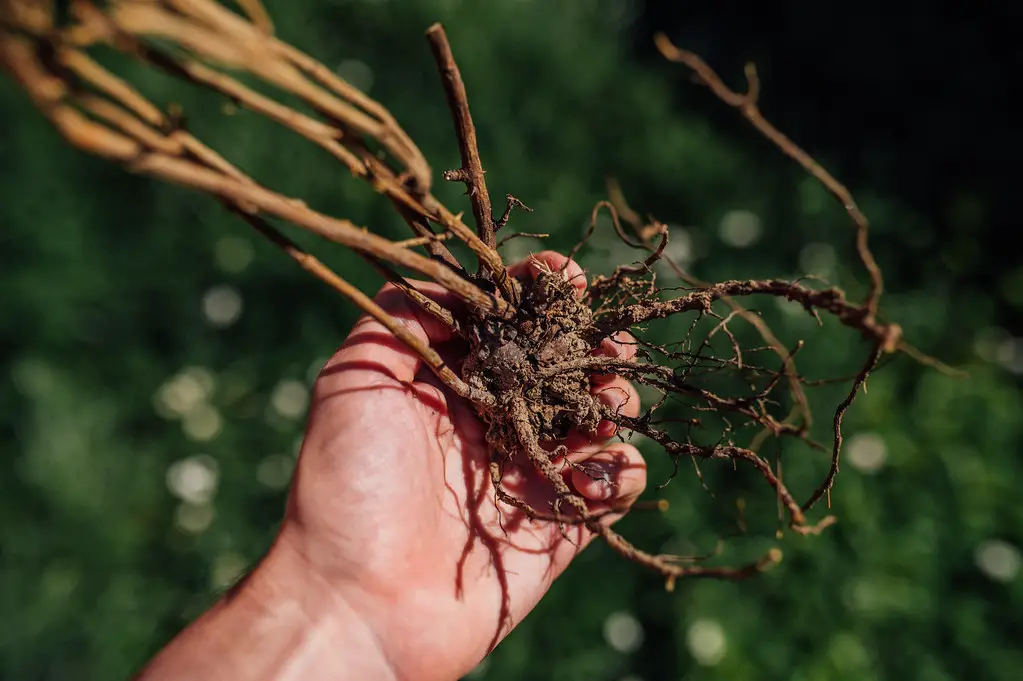
Hydrogen peroxide can encourage faster and healthier root development in plants. According to The Spruce, hydrogen peroxide helps by introducing extra oxygen to the soil, which stimulates root growth and helps roots absorb more nutrients. The added oxygen can improve the overall health of plants, allowing them to thrive and develop strong, expansive root systems. For gardeners looking to enhance the growth of their plants, this simple solution can make a noticeable difference.
In addition to promoting root growth, hydrogen peroxide can also help prevent root rot, a common issue for many gardeners. The compound’s oxygenation helps maintain a healthy balance of moisture in the soil, reducing the conditions that promote rot. By maintaining optimal soil health, hydrogen peroxide can protect plants from potential threats and enhance their overall vitality.
2. Treats Fungal Infections
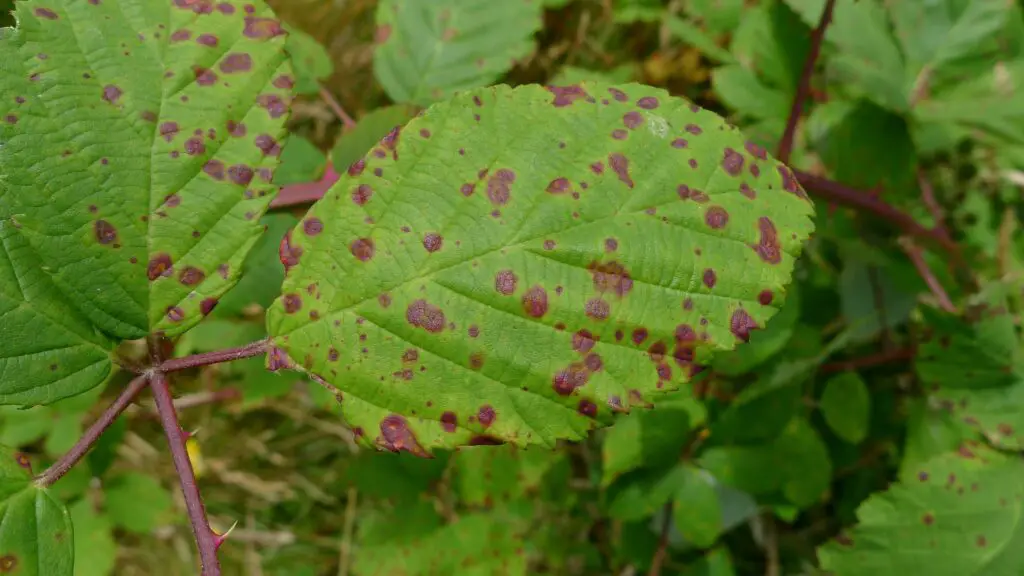
Fungal diseases can wreak havoc on plants, but hydrogen peroxide has antifungal properties that can help treat and prevent these infections. According to Gardening Know How, hydrogen peroxide works by breaking down the cell walls of fungi, killing them without harming the plant. When used as a foliar spray, it can be effective in treating mildew, mold, and other common fungal problems that affect plants.
In addition to treating active fungal infections, hydrogen peroxide can be used as a preventive measure. By applying it regularly to your plants, you can reduce the likelihood of fungal outbreaks before they occur. This proactive approach to plant care can keep your garden healthy and free from the harmful effects of fungus.
3. Improves Soil Aeration
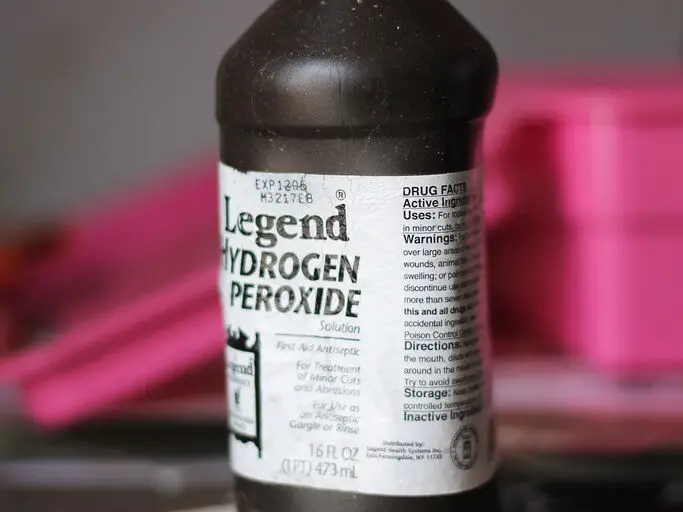
Hydrogen peroxide is an excellent tool for improving soil aeration, which is essential for plant health. According to the National Institutes of Health, when hydrogen peroxide is applied to the soil, it releases oxygen and encourages better airflow. This process helps reduce soil compaction, allowing roots to grow deeper and access more nutrients and water. Aerated soil promotes healthy plant growth by supporting root development and improving overall soil structure.
Furthermore, better aeration can prevent common issues such as waterlogging, which can lead to root rot and poor plant health. By ensuring that your soil is properly aerated, you create an environment where plants can thrive and grow to their full potential. This simple practice can make a world of difference in the overall health of your garden.
4. Kills Pests Without Chemicals
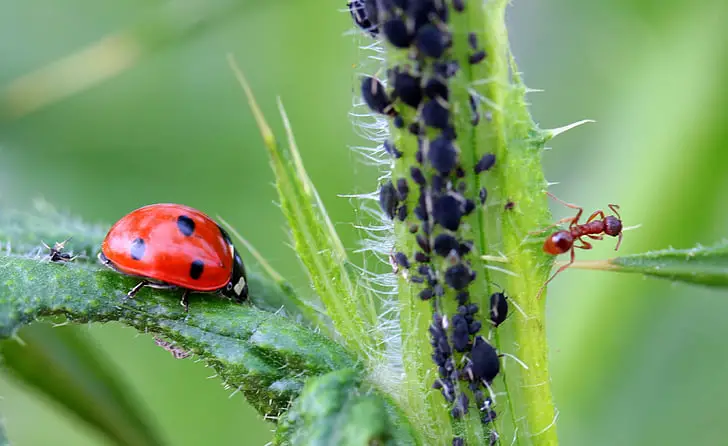
Hydrogen peroxide is a natural and safe way to kill pests, such as aphids and mites, without resorting to harmful chemicals. The USDA notes that hydrogen peroxide can effectively kill insects and their eggs by suffocating them. As a non-toxic solution, it’s safe to use around pets and children, making it a preferred option for many organic gardeners.
In addition to controlling pests, hydrogen peroxide can also help prevent pest infestations in the first place. Regularly spraying a diluted hydrogen peroxide solution on plants can act as a deterrent to pests, keeping them from settling on your plants. This natural method of pest control is both safe and effective, allowing gardeners to maintain a healthy garden without compromising on safety.
5. Cleans Plant Leaves
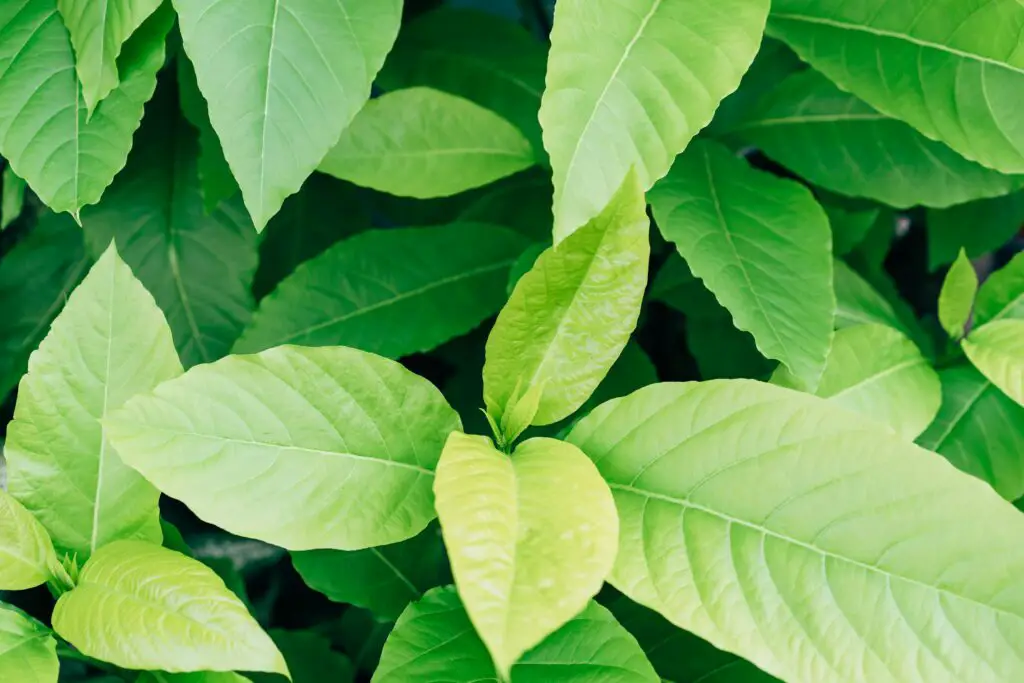
Cleaning plant leaves is an essential step in plant care, and hydrogen peroxide can be the perfect solution. Hydrogen peroxide can help remove dust, dirt, and bacteria from leaves, allowing plants to better absorb light and nutrients. Clean leaves are crucial for photosynthesis, which is the process by which plants create food from sunlight.
In addition to cleaning, hydrogen peroxide can also help prevent the buildup of mold and mildew on plant leaves. By regularly wiping down your plants with a hydrogen peroxide solution, you reduce the risk of these common fungal issues, promoting healthier, more vibrant plants. Keeping your plants clean can significantly enhance their growth and overall well-being.
6. Deters Mold and Mildew
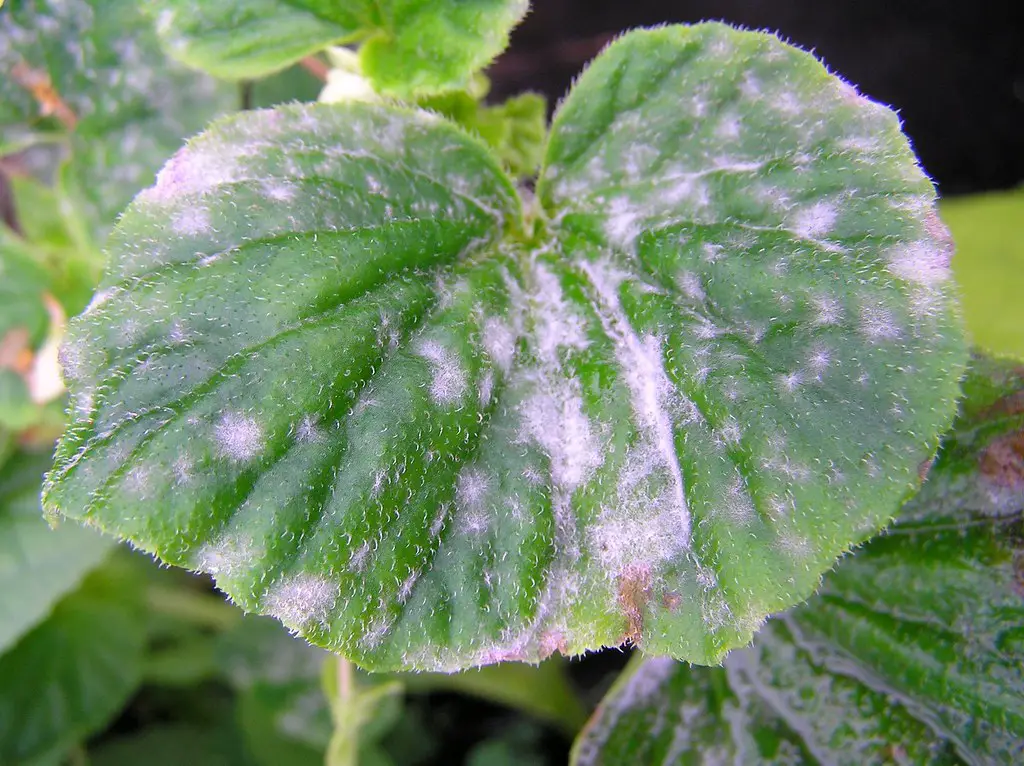
Mold and mildew can quickly take over your garden if not managed properly, but hydrogen peroxide is an effective deterrent. Hydrogen peroxide’s ability to break down organic matter helps prevent mold spores from taking hold on plants. Spraying a diluted solution on the affected areas can prevent mold from spreading, ensuring that your plants stay healthy and free of disease.
Preventing mold and mildew also extends the life of your plants. If left untreated, these fungi can cause long-term damage, weakening plants and making them more susceptible to other diseases. By incorporating hydrogen peroxide into your garden care routine, you can reduce the likelihood of mold and mildew taking root, resulting in healthier plants.
7. Detoxifies the Soil
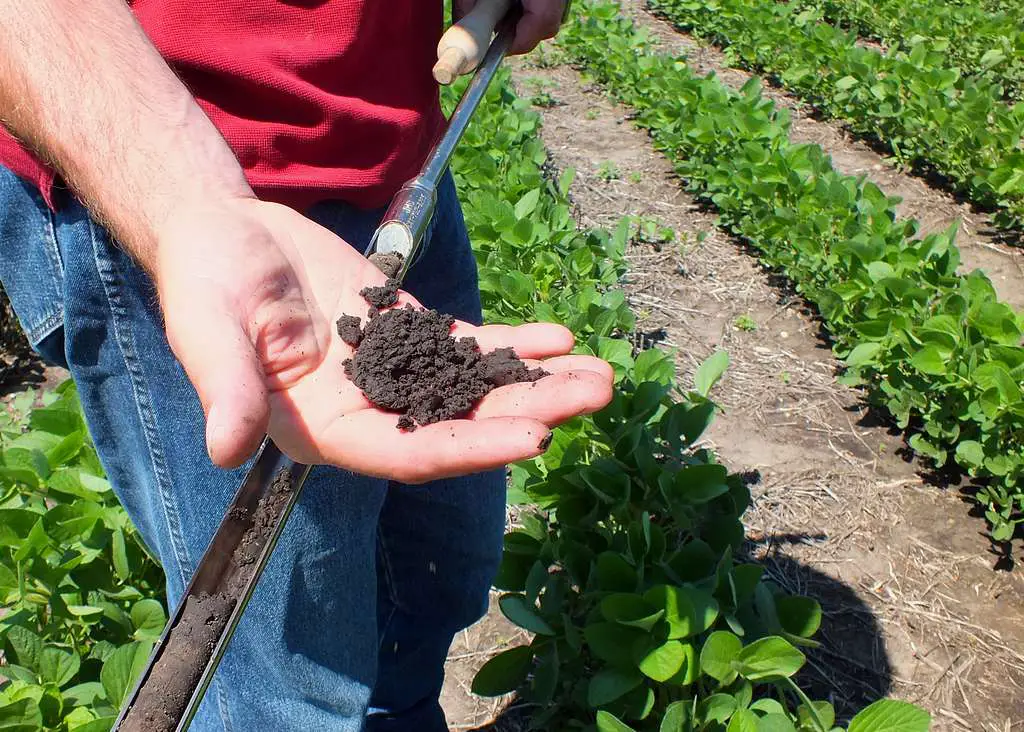
Soil can accumulate toxins from pesticides, fertilizers, and other chemicals over time, which can harm plants and affect their growth. Hydrogen peroxide can help detoxify the soil by breaking down these harmful substances and neutralizing them. Hydrogen peroxide’s oxygenation process can help restore balance to the soil, making it a healthier environment for plant growth.
By detoxifying the soil, hydrogen peroxide also helps to balance the pH levels, which is crucial for plant health. This makes the soil more suitable for plant roots to take up essential nutrients, promoting healthier growth. With regular use, hydrogen peroxide can improve the quality of your garden’s soil, making it more fertile and supportive of plant life.
8. Enhances Seed Germination
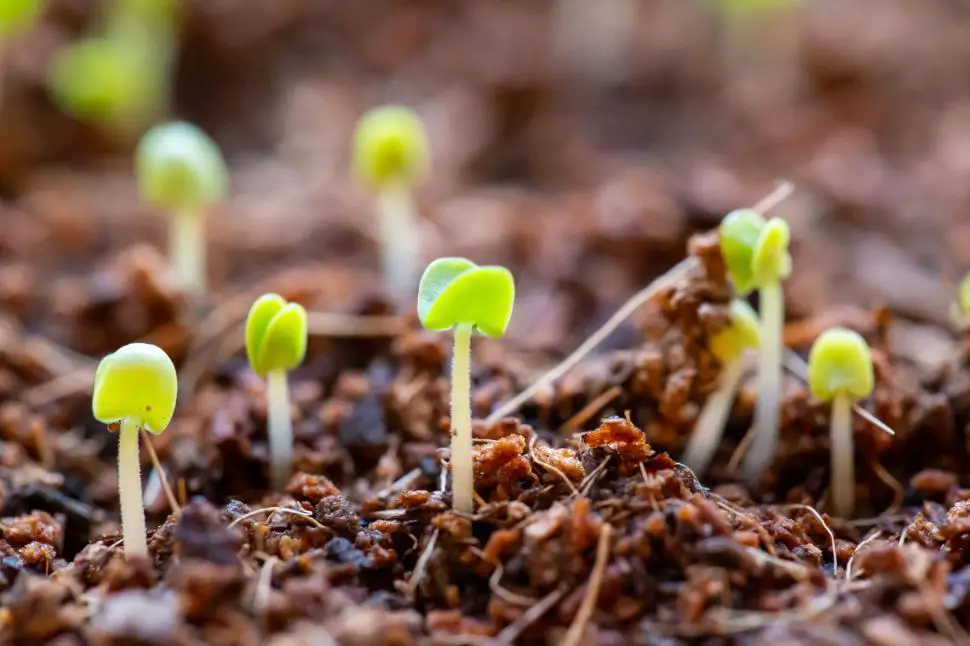
Hydrogen peroxide can speed up the germination process, allowing seeds to sprout more quickly. Soaking seeds in a dilute hydrogen peroxide solution before planting helps break down their outer coating, encouraging faster sprouting. This is especially beneficial for hard-to-germinate seeds, such as those of certain flowers or vegetables.
By boosting seed germination rates, hydrogen peroxide can lead to a higher success rate for your planting efforts. Faster sprouting also gives plants a head start in their growth cycle, ensuring they establish strong roots early on. This simple trick can save you time and increase the overall productivity of your garden.
9. Reduces Root Rot
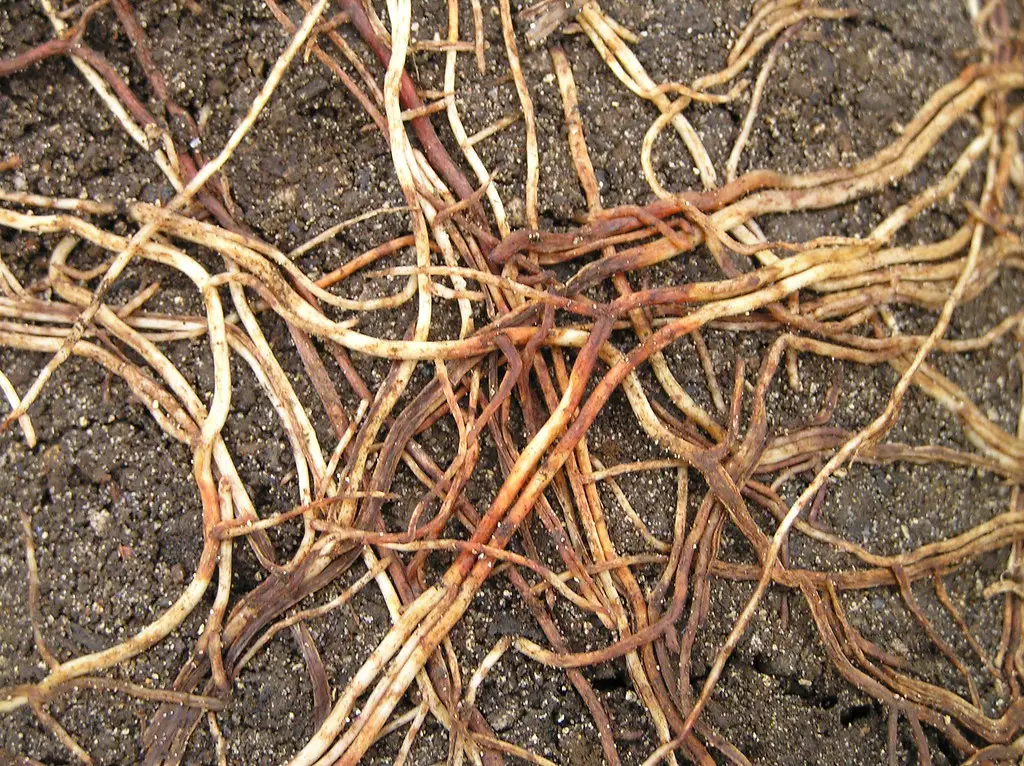
Root rot is a common problem for gardeners, but hydrogen peroxide can help mitigate the risk. Hydrogen peroxide introduces extra oxygen to the soil, helping to prevent waterlogged conditions that lead to root rot. The oxygen helps the roots breathe, which is crucial for their health and overall plant vitality.
Using hydrogen peroxide can also help treat root rot once it has occurred. By flushing the affected area with a dilute solution, you can help kill the bacteria or fungus causing the rot and promote healthy new root growth. This treatment can save plants that might otherwise be lost to root rot.
10. Boosts Plant Immunity
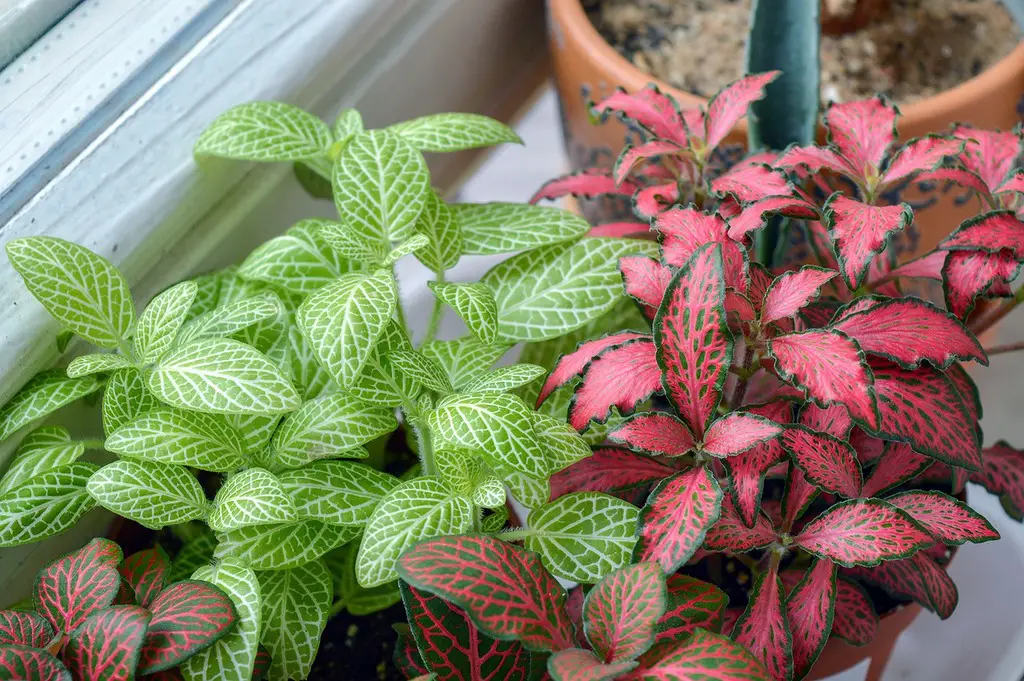
Hydrogen peroxide can strengthen a plant’s natural defenses by stimulating its immune system. Hydrogen peroxide can act as a signaling molecule that triggers immune responses in plants, helping them defend against diseases and pests. This increased resistance can lead to healthier, more resilient plants.
Stronger immunity also means that plants are less susceptible to stressors such as temperature fluctuations and drought. By giving your plants an extra layer of protection, hydrogen peroxide helps ensure that they can survive and thrive in various environmental conditions. This benefit makes it an invaluable tool in any gardener’s arsenal.
11. Improves Transplant Success
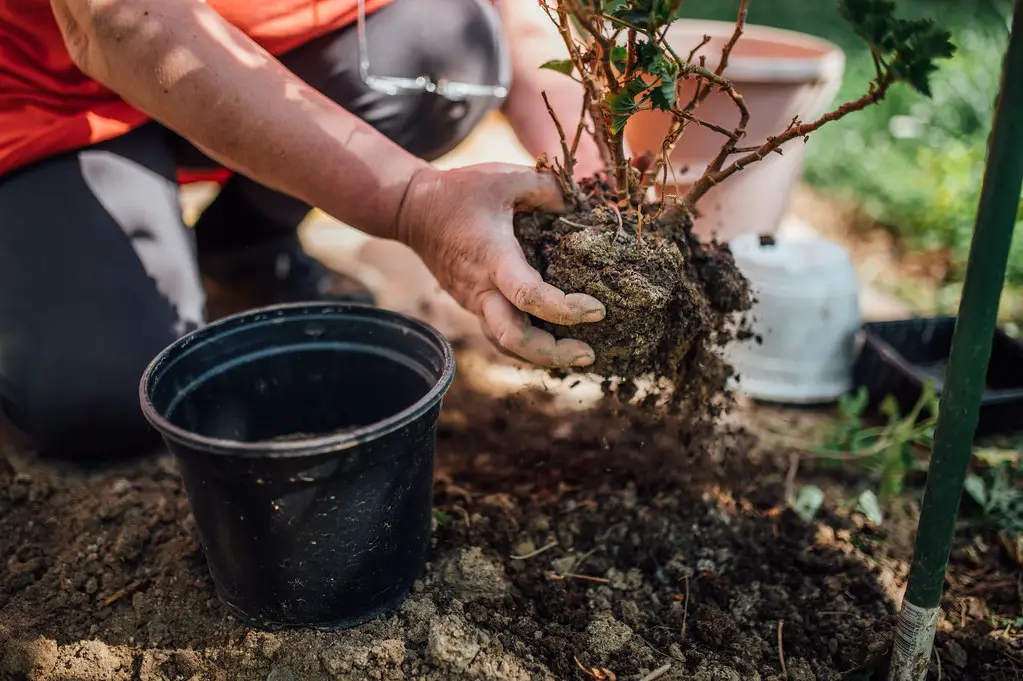
When transplanting plants, it’s important to reduce transplant shock, and hydrogen peroxide can help with this. Hydrogen peroxide can help plants adjust to their new environment by promoting root health and reducing stress. A healthy root system allows transplanted plants to establish themselves quickly and grow more successfully.
Additionally, hydrogen peroxide’s ability to disinfect the planting area and reduce the spread of diseases can help new plants settle in without facing additional challenges. This simple step can improve the overall success rate of your transplanting efforts, leading to healthier, more vibrant plants in your garden.
12. Reduces Plant Stress
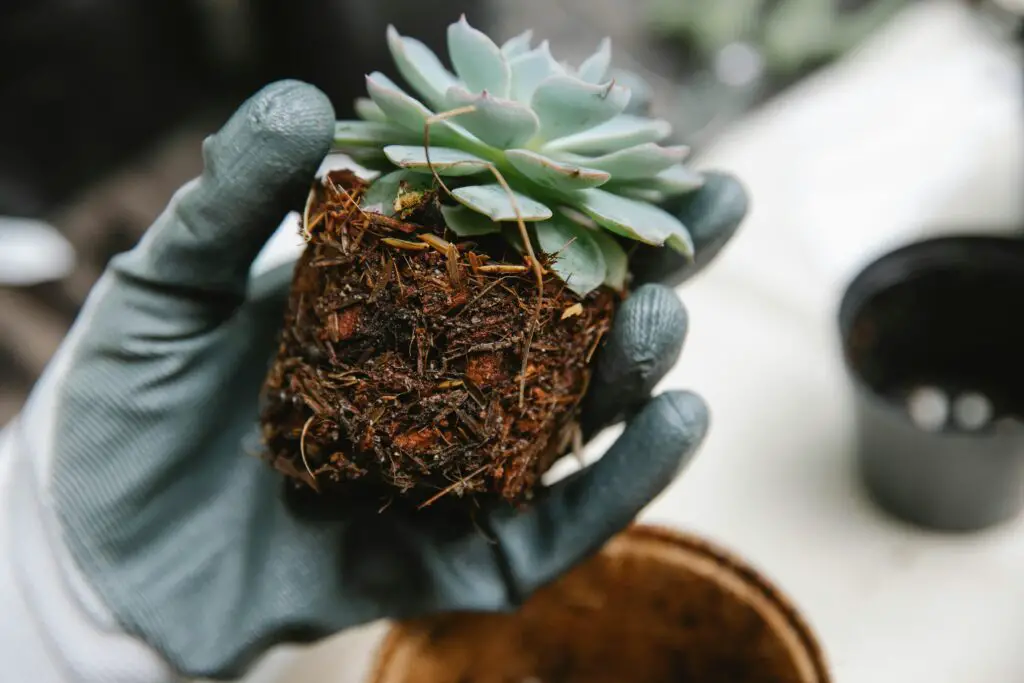
Hydrogen peroxide can help reduce stress in plants caused by environmental factors, such as heat or drought. Hydrogen peroxide helps improve water absorption by roots, which is especially beneficial during dry periods. When plants can take up more water, they are less likely to suffer from the effects of stress.
By maintaining optimal hydration levels, plants can continue to grow and thrive even in challenging conditions. This stress-reducing benefit is especially valuable for gardeners dealing with fluctuating weather patterns or growing in areas with irregular rainfall. Hydrogen peroxide helps ensure that plants remain healthy and resilient, even in the face of adversity.
